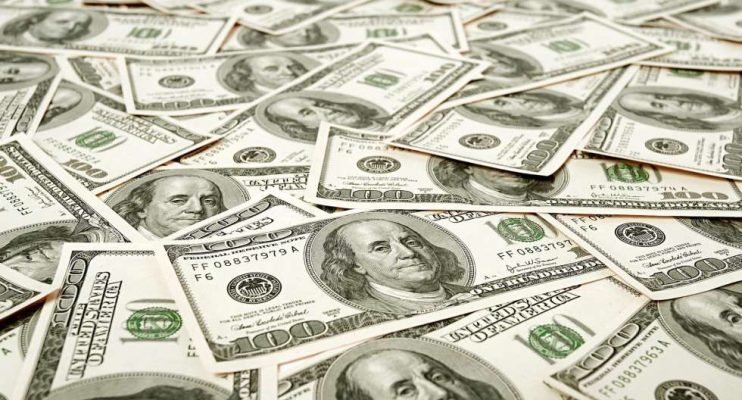
The United States Government says it pushes for commitment when repatriating to countries looted funds in its domain to ensure transparency and accountability and strengthen anti-corruption prevention.
It said it was for this reason the agreements signed during the release of the funds often include the specified use of the funds, as observed in the August 23, 2022 and 2020 agreements with Nigeria.
The latest agreement indicated that the $23m recently transferred to the Federal Government, which would be administered by the Nigeria Sovereign Investment Authority, would help in financing the Second Niger Bridge, Lagos–Ibadan Expressway and the Abuja-Kano Road.
The US has in recent years returned to Nigeria $334.7m, including the $311.7m returned in 2020, stolen by former Head of State, late Gen. Sani Abacha.
The US Department of State’s Coordinator of Global Anti-Corruption, Richard Nephew, in his response to our correspondent’s enquiries as part of his maiden press briefing recently noted that the US would continue to work aggressively to prosecute money launderers and their facilitators for the benefit of the people harmed by corruption around the world.
He stated, “When negotiating these agreements, the United States, led by my counterparts in the Department of Justice, pushes for commitments by countries to strengthen anti-corruption prevention and legal frameworks, enhance enforcement efforts through effective investigation and prosecution, and ensure transparency and accountability in asset return.
“With respect to the agreement signed on August 23, the United States transferred 100 per cent of the net forfeited assets totaling approximately $23m to the Federal Republic of Nigeria to support three critical infrastructure projects in Nigeria that were previously authorised by Nigerian President, Muhammadu Buhari, and the Nigerian legislature.”
He noted that important safeguards were inserted in the agreements to ensure transparency.
Nephew added, “The August 23 agreement is consistent with the approach taken in the agreement signed in 2020 by the US Department of Justice and the governments of the Bailiwick of Jersey and Nigeria, through which approximately $311m in stolen assets linked to Sani Abacha’s embezzlement schemes were recovered.
“Both agreements are comprehensive in that they include specified uses of the funds but also important safeguards to ensure transparency and accountability, including administration of the funds and projects by the Nigeria Sovereign Investment Authority, financial review by an independent auditor, and monitoring by an independent civil society organisation with expertise in engineering and other areas.”
Meanwhile, Nephew pointed out that since the United States launched the Kleptocracy Asset Recovery Initiative in 2010, the Department of Justice had filed cases in court to confiscate over $3.4bn in corruption proceeds, confiscated over $1.7bn of the assets and returned or assisted in the return of over $1.6bn to the economies from which the money was stolen.
He noted that Nigeria and some other countries owned a significant amount of the sum.
He added, “Importantly, this is an aggregate amount from a variety of countries. A significant portion of these assets have involved criminal proceeds linked to Nigeria, but also Malaysia, Ukraine, and several other countries involving smaller amounts like the Philippines, the Republic of Korea, Taiwan, Armenia, Equatorial Guinea, Panama, Canada, and Peru.”
He noted that there was no silver bullet to solve corruption, but that without a strong legal system to enforce laws, investigate and prosecute corrupt actors consistently, and without systems to enforce transparent processes around public procurements or hiring within the public sector, corruption often flourished.





